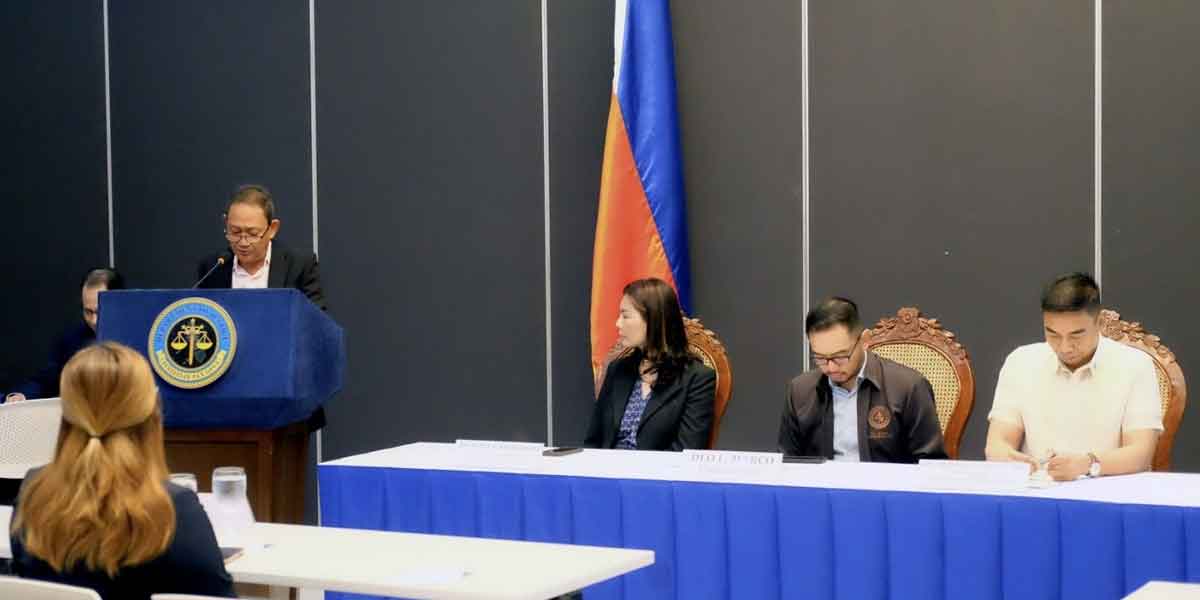
The Commission on Human Rights (CHR) and the Department of Justice Board of Claims (DOJ-BOC) have taken a significant stride in supporting victims of human rights violations.
On March 14, 2024, both bodies signed a Memorandum of Agreement (MOA) to bolster the Victims Compensation Program (VCP).
The alliance underlines the dedication of both institutions to a government that not only addresses the victims’ needs but also ensures that their rights are respected, protected, and realized.
The DOJ, anchored by Republic Act No. 7309, administers the BOC, which grants compensation to victims of unjust imprisonment or detention and violent crimes.
The CHR, leveraging its constitutional authority to probe human rights infringements, will now refer eligible VCP applicants directly to the DOJ-BOC.
The VCP is designed to serve victims of various injustices, including extrajudicial killings, torture, enforced disappearances, unjust imprisonment, human trafficking, and online sexual exploitation, among others.
Moreover, the CHR is set to receive cases from the DOJ-BOC for potential financial aid eligibility.
The DOJ-BOC, for its part, will expedite the assessment of compensation claims flagged by the CHR. In a bid to ensure thorough case management, both entities will maintain a coordinated docketing system that tracks incidents beyond the current list of the Board of Claims.
This collaborative effort seeks to honor the inherent dignity of Filipinos by safeguarding their rights and echoes the State’s commitment to the International Covenant on Civil and Political Rights.
This commitment includes guaranteeing an enforceable right to compensation for victims of human rights abuses and violations.
Chairperson Richard Palpal-latoc of the CHR, in his speech, highlighted the significance of expanding the compensation system’s reach through this partnership, emphasizing accountability for human rights violations and marking progress toward transitional justice.
“By broadening the reach of this compensation system through this cooperation agreement, we are ensuring recognition of the fundamental human rights and establishing accountability for violations or abuses—a step forward to a progressive realization of transitional justice,” Palpal-latoc said.
The establishment of the MOA paves the way for both the CHR and DOJ to play a pivotal role in assisting human rights violation victims in seeking rightful compensation.
This collaboration is more than just an administrative formality—it represents a beacon of hope for those who have suffered injustices, an assurance that their plight is acknowledged and that there are mechanisms in place to facilitate reparation.
The CHR reaffirms its commitment to building partnerships within the government, such as that with the DOJ-BOC, to create more channels leading to a just and equitable society. This ensures that the rights of victims are not an afterthought but a priority in state endeavors. This partnership is integral to maintaining the country’s moral fiber, ensuring that the upholding of the rights of all Filipinos, across all sectors, remains a paramount concern.





















